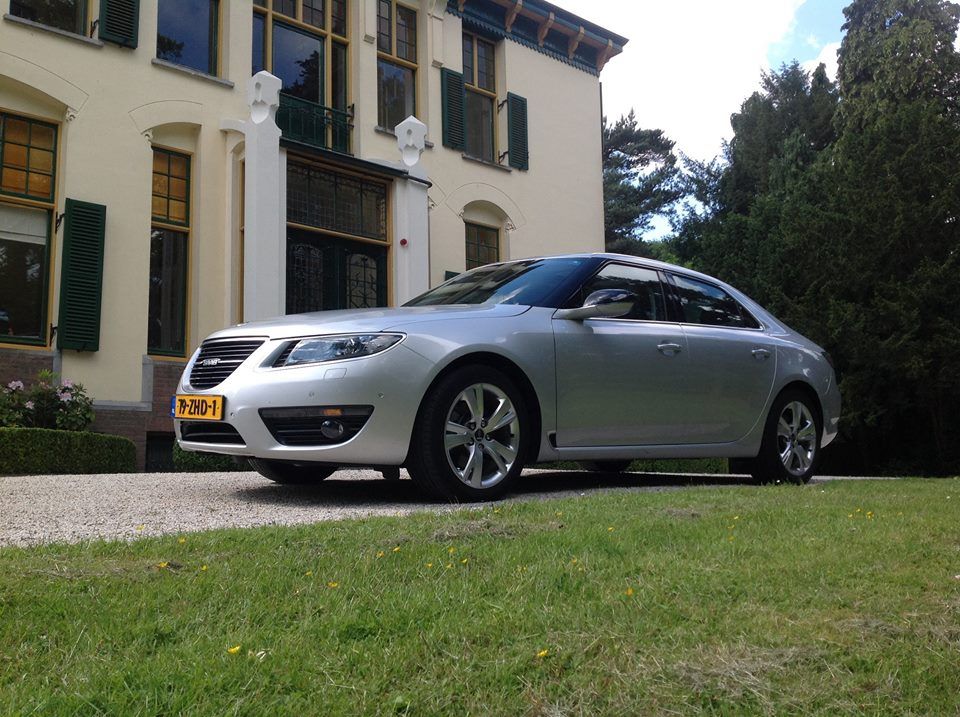It is possible that a Dutch court can declare an English limited company, a Belgian BVBA or a German GmbH bankrupt.
It is said that capitalism was invented in The Netherlands. The first multinational in history was the VOC, the Dutch East India Company. The VOC was also the first company listed on the stock exchange. The shares were traded on the oldest stock exchange in the world, the Amsterdam Beurs. What not so many people know is that the VOC went bankrupt. Liquidation took many years.
Bankruptcy (businesses and institutions)
A company that can no longer fulfil its financial obligations can be declared bankrupt by the court. This can be of its own volition or at the request of a debtor. From a creditor’s perspective, bankruptcy will not be the intention: creditors tend to submit an application to pressurise the debtor into payment of unpaid debts. A company will not be in a hurry to apply for its own bankruptcy, but it can be prudent to do so, for instance to avoid personal liability of management, or when the business will continue under another corporation after bankruptcy. In the Netherlands a bankrupted company can make a new start and quickly reduce its fixed charges (including personnel costs). This does require good legal guidance.
Bankruptcy (individuals)
In the Netherlands, individuals can still be declared bankrupt. That is not possible in many other European countries. For individuals, bankruptcy is a dramatic event that should, and often can, be avoided. If bankruptcy of you as a private individual is applied for, consult a lawyer immediately. Subsequent to expiry of the bankruptcy the debts still exist. They are not written off. After expiry of the bankruptcy bailiffs can again sequester property and sources of income. However, in certain cases personal bankruptcy can be transposed so that a fresh start can be made (see further).
Debt restructuring
There is an important special law that gives individuals a fresh start in cases of insupportable debt. This law is known in the Netherlands as the “Wet schuldsanering” or “WSNP”. Debtors must first follow a legally imposed preliminary trajectory. This involves all creditors receiving a settlement proposal to buy off the debt. If one or more creditors does not agree to this proposal, the next phase of the law comes into effect. A debt counselling agency (usually a special department of the local council) then applies to the court for treatment under the Wet schuldsanering. We give legal assistance in such procedures. If the court does not grant admittance to an individual, we appeal to the High Court.
Collection of claims
Insolvency law is closely allied to collection law. Our office also gives legal support to creditors who want to enforce payment of debts.
Is the Dutch court competent?
Under insolvency law, the “Europese Insolventieverordening” determines whether a Dutch court is competent to open an insolvency procedure (bankruptcy or debt restructuring). The determining factor is the question of the place where the debtor controls his financial interests. In the case of individuals this is almost always the address at which the debtor is registered. With businesses it is usually the location of its head office. Thus, it is possible that a Dutch court can declare an English limited company, a Belgian BVBA or a German GmbH bankrupt.
We are specialized in civil litigation in The Netherlands. Read more about the Dutch judiciary…


